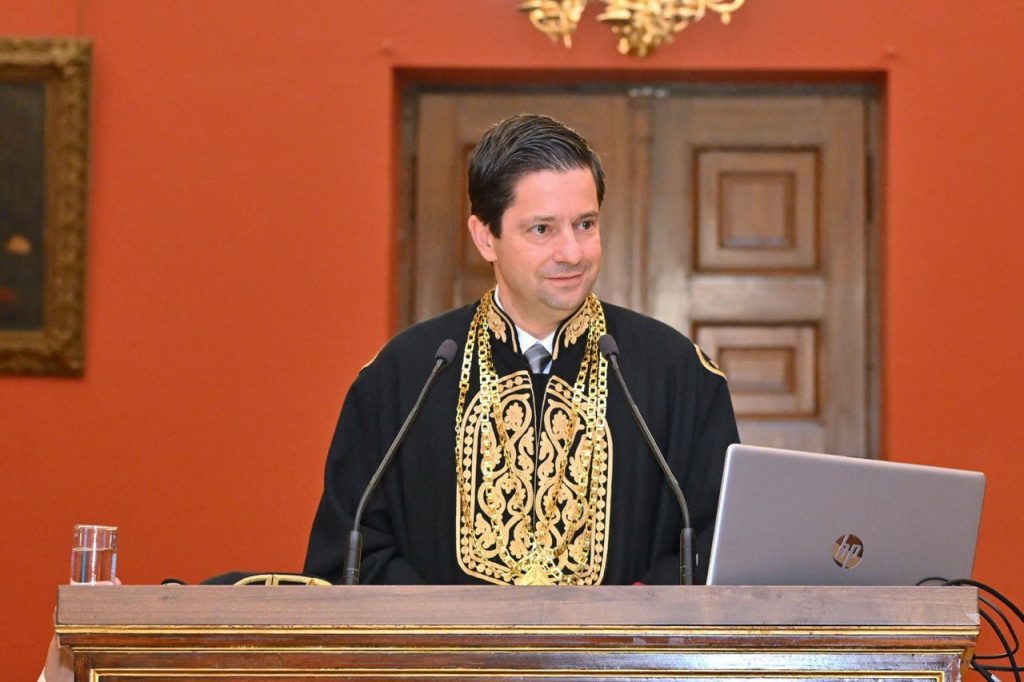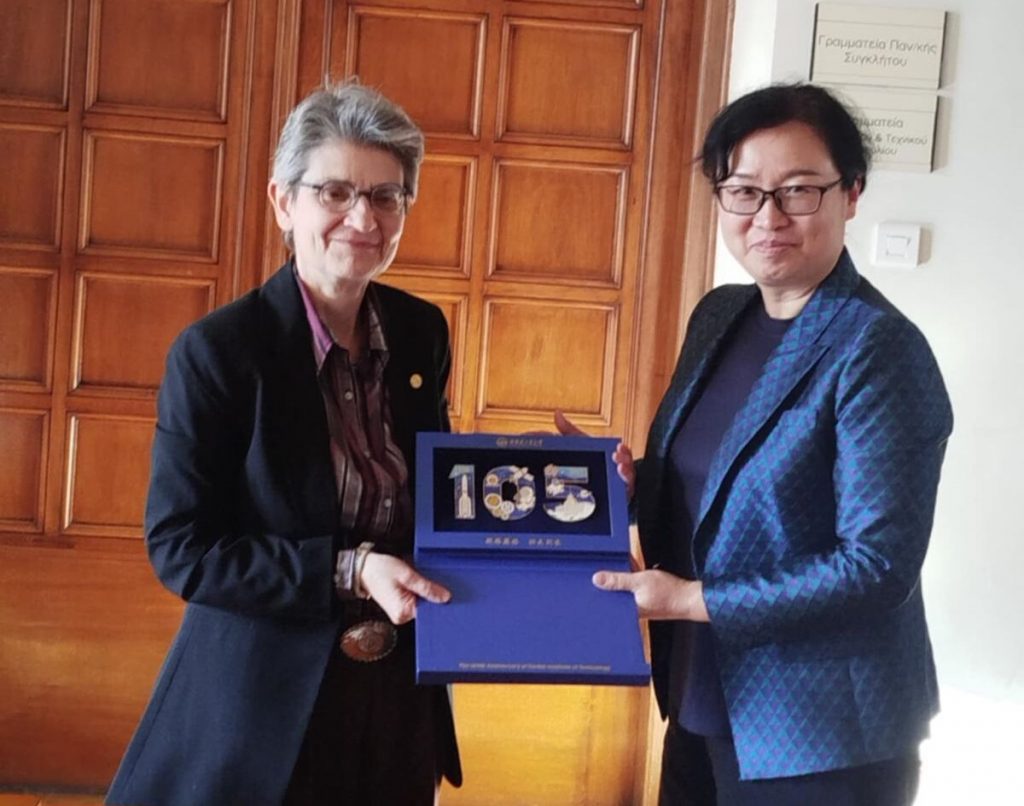A recently published study challenges the widely held notion of Learning Styles, where individuals are believed to have a preferred modality of learning, typically referring to visual, auditory, and kinesthetic learning styles. The study was conducted by a team of researchers from Greece and was led by Dr. Marietta Papadatou-Pastou, Assistant Professor of Neuropsychology at the National and Kapodistrian University of Athens and was published in the academic journal Mind, Brain, and Education.
Learning Styles, a concept that has gained momentum in education, suggests that tailoring instruction to an individual’s preferred learning modality optimizes learning. However, the theory has faced criticism for its lack of empirical evidence. This study focuses on the visual modality and employs novel and ecologically valid stimuli, namely sign words, to test the hypothesis that visual learners would be better in learning sign words compared to auditory or kinesthetic learners.
The results of the study, conducted with 99 volunteers naive to the Greek Sign Language, showed no evidence of a difference in learning sign words among individuals with different learning styles. The researchers utilized both frequentist and Bayesian statistical approaches, further substantiating their findings.
Lead researcher Dr. Marietta Papadatou-Pastou, explained, “Our study challenges the conventional wisdom surrounding Learning Styles, highlighting the absence of empirical support. The adoption of Learning Styles theory may not only waste educational resources but also have potentially harmful consequences for learners.”
Dr Anna K. Touloumakos, one of the leading members of the team, noted “prominent researchers have stressed long before me that “it is impossible to prove that something does not exist” however, in education we should aim to draw from methods and practices that are evidence-based, effective and beneficial for students”.
The study’s findings contribute to the ongoing debate about Learning Styles in education and advocate for evidence-based approaches in teaching and learning. This research has the potential to reshape how educators approach individualized instruction and underscores the importance of critical thinking and research skills in the field.
In line with the principles of open science, all materials, data, and analysis code have been made available in the Open Science Framework repository, ensuring transparency and reproducibility at https://osf.io/256kw/.To access the complete academic paper, please visit https://onlinelibrary.wiley.com/doi/full/10.1111/mbe.12380.
***
““Visual Type? Not My Type”: A Systematic Study on the Learning Styles Neuromyth Employing Frequentist and Bayesian Statistics” is published in the Brain, Mind and Education
















